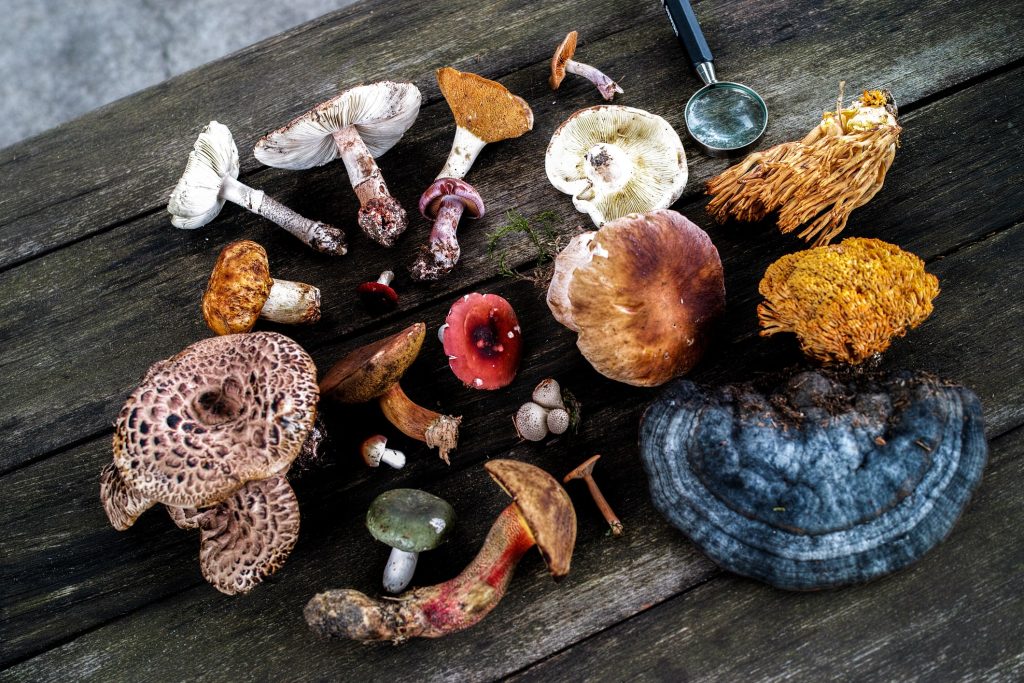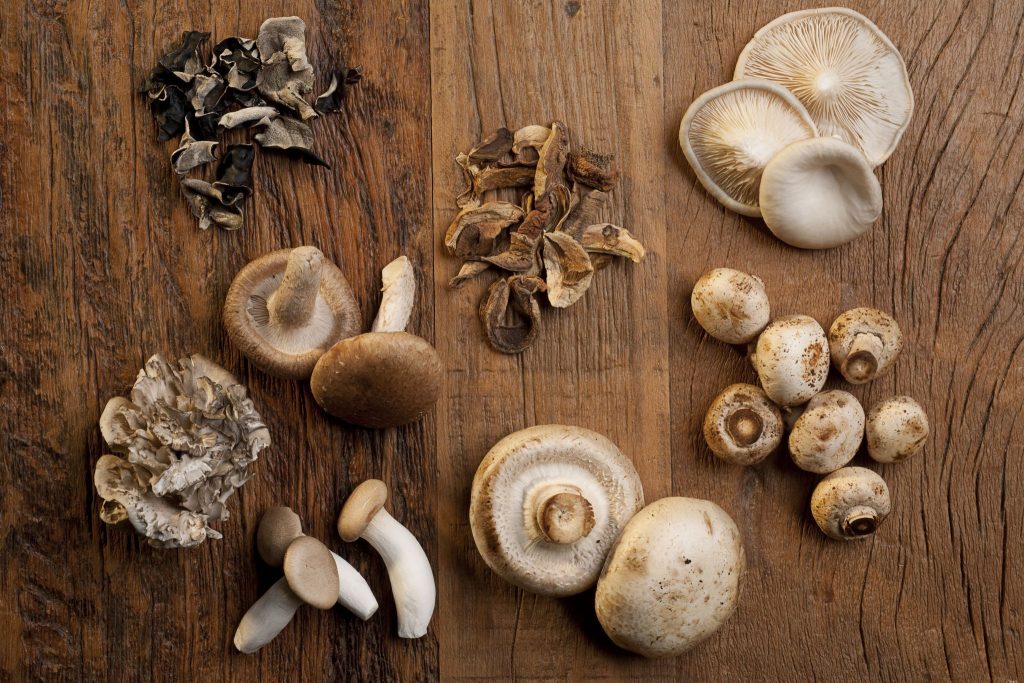Everything You Need to Know About Medical Mushroom Supplements
Edible mushrooms have long been used for purposes other than food. Given the growing interest in mushrooms as a functional food, it comes as no surprise that mushroom extract supplements have been popping up all over the place, even in coffee. These items claim to cure everything, from preventing anxiety to curing cancer.
So, if your doctor has just recommended you start taking mushroom capsules or drinking mushroom coffee, here is everything you need to know about these amazing supplements!
What Are Mushroom Extract Supplements?

The medicinal mushroom supplements are extracts or powders produced from various types of mushrooms. These come in a variety of forms, including capsules, powders, liquid extracts, mouthwashes, teas, coffees, gummies, and occasionally in conjunction with other goods like CBD. While some supplements mix extracts from numerous distinct types of mushrooms, others only contain extracts from one particular variety of mushrooms.
Since safe and quality mushroom supplements are a real nutritious powerhouse, many people experiment with mushroom extracts as treatments for a variety of ailments, such as inflammation, cancer, seasonal allergies, and sleeplessness.
What to Look for in a Mushroom Supplement?
As these supplements have become a popular lifestyle trend, there are many options on the market these days. However, not every supplement made of mushrooms is created equal and not every single one of them is a good one. Therefore, it’s critical to understand what defines a quality vitamin and what to look for in it.
Is It Organic?
An organic certification should be the first thing you check for in your supplement because mushrooms are so porous and take in everything in from their surroundings. This includes harmful substances, such as contamination from pesticides, fungicides, heavy metals, and other poisons used in non-organic farming.
Therefore, when on the hunt for mushroom supplements Australia-wide, pick a brand or product that follows a very strict regulatory body and ensures it’s up to the highest standards possible.
Is It Sourced?
Knowing where your mushroom supplements are coming from, where they are grown, and the standard of cultivation is essential. In other words, a good and reputable company will be upfront about its sourcing.
Generally, the companies that offer safe and quality mushroom extracts and powders work with reliable producers from all around the world and their products are sourced from locations where functional mushrooms are traditionally produced, harvested, and consumed!
Is It Third Party Tested?
When narrowing down your choices look for supplements whose producers claim to have their products third-party tested. These companies sent for independent testing to check the source’s purity and for the presence of impurities. This guarantees that the medicinal supplements they deliver are of the greatest calibre and purity.
Is It Sustainably Sourced?
It’s also vital to look for a responsibly obtained product, especially if it is wild crafted, because many mushrooms are unfortunately quite scarce and wild harvesting can result in damage or devastation. For instance, due to heavy harvesting pressure, cordyceps mushrooms are the costliest herb in China.
Since it would be impossible to make them into an affordable and sustainable supplement, farming is a preferable choice for this fungus. When grown on the proper substrate, most produced mushrooms have the same health advantages as wild mushrooms and are much more environmentally friendly.
On the other hand, chaga receives many of its health advantages from birch trees, it must be wild crafted and grown on the tree. Simply put, a good mushroom supplement producer will collaborate with skilled growers only as they are knowledgeable on how to harvest chaga without harming the host tree and to allow the chaga conk to re-grow.
The Benefits of Using Mushroom Supplements

Humans have long been fascinated by mushrooms, and history suggests that they have been used for different types of healing through the centuries. In recent years, science and Western medicine have begun to catch up to the therapeutic effects of mushrooms. Here are a few of the benefits that have been studied:
Immunity Boost
Mushrooms have long been evaluated for their ability to strengthen the immune system. Mushrooms, such as maitake and shiitake, are abundant in polysaccharides, particularly beta-glucans, which improve the function of macrophage and natural killer cells—two crucial defence-related cells, and increase the immune response to invasive infections and infected cells.
Lower Stress-Level
One of the “adaptogens,” reishi mushroom appears to work on the HPA axis, supporting adrenal function, and enhancing resistance to stress over time. It is recognized for assisting in restoring equilibrium to the body and its systems. According to a preliminary study, the polysaccharide and triterpenoid components in reishi mushroom extract are what give it its ability to reduce stress.
Exercise Performance and Recovery Support
It’s commonly known that cordyceps mushrooms have elevated properties, can lessen weariness, and can assist the adrenal glands. Studies show that cordyceps mushrooms can enhance both exercise performance and general health which leads to a successful weight loss journey and detoxification.
Potential Risks and Side Effects

The compounds in mushrooms are often concentrated and processed into mushroom extracts and dietary supplements. You might wish to take supplements containing mushroom extract, but it’s not obvious which kinds, how much, or for how long.
In addition, you should be watchful of interactions as with any supplement. A supplement could occasionally interact with a prescription you’re taking or a health issue you may have.
Reishi mushrooms, for instance, may interfere with drugs for diabetes, high blood pressure, and blood coagulation. Additionally, chaga extract could cause interactions too. If you have a bleeding disorder or are using blood-thinning medicine, it may increase your blood flow, which could be harmful. That’s why it’s best to first talk it out with your health practitioner to know what you can or can’t boost your diet with.



